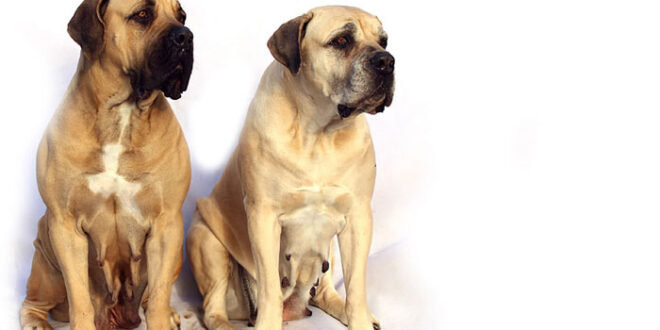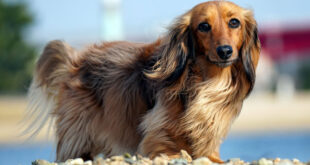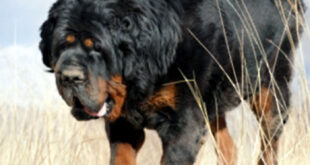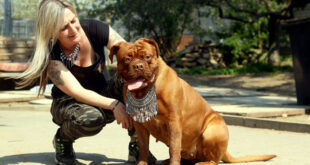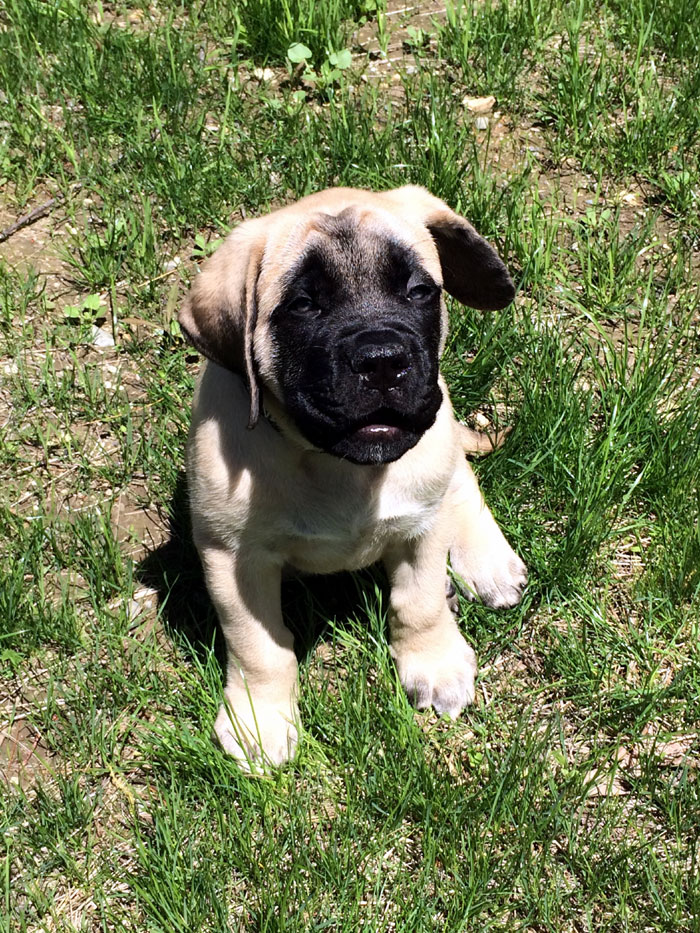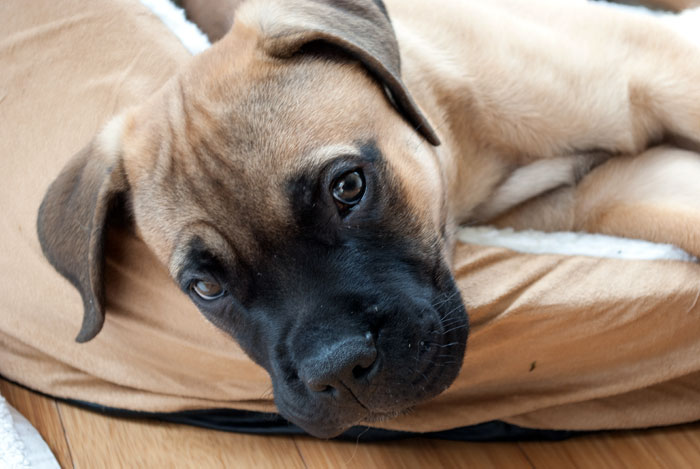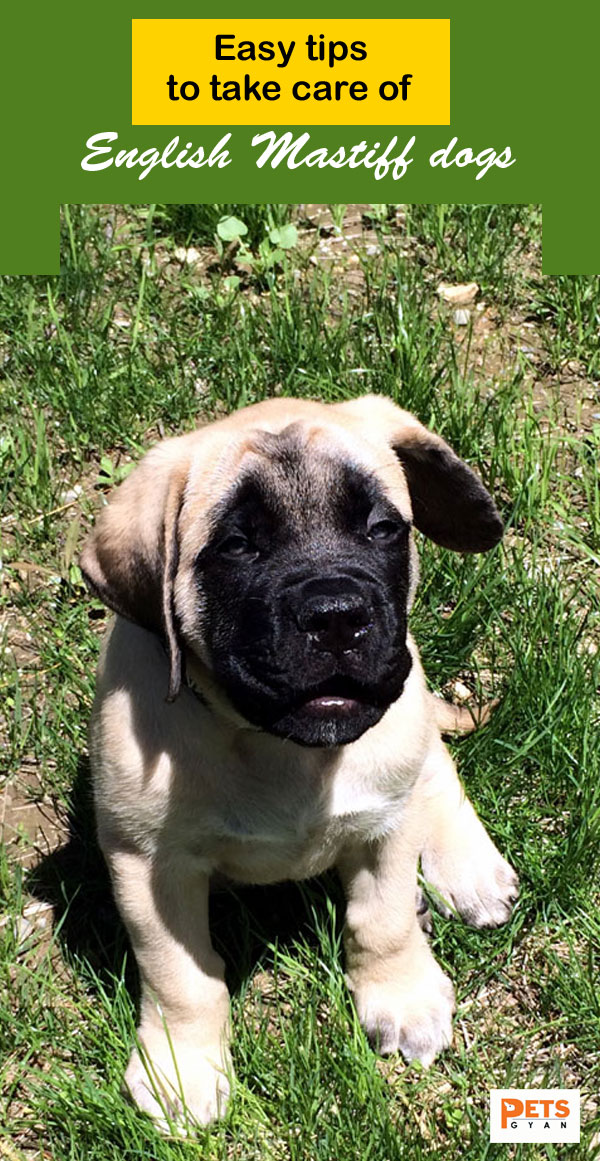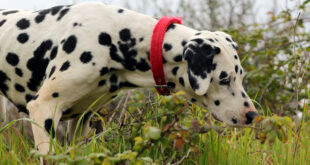English Mastiff Dogs
Breeds of dog that date back thousands of years include the Mastiff. The Mastiff breed is sometimes referred to as an Old English Mastiff. Though this is a purebred dog, you may be able to find one in a shelter or rescue. People who can accommodate their large size and who don’t mind drooling on occasion will make fine companions with Mastiffs. For starters and apartment dwellers, you may want to consider another breed. If you’re looking for a big mastiff dog with lots of love to give, this may be the dog for you!
They appear fierce because of their size, but they have an extremely good-natured temperament. English Mastiff won’t back down from danger if their family is threatened. They always act in a dignified manner, never being aggressive or shy. The mastiffs also do not like conflict between family members, so they will stay away from fighting spouses or angst when parents try to punish their children.
Some of our popular pets dog care tips:
- How to care for large breed dogs.
- How to take care of Dalmatian dogs.
- Bullmastiff dog Breed information and care.
How to take care of English Mastiff
In spite of their sturdy appearance, Mastiffs are sensitive dogs who might become shy, fearful, or aggressive if mistreated. Every dog needs early socialization–the chance to meet a wide range of people, sounds, sights, and experiences–when they’re still young. You need to socialize your Mastiff puppy in order for him to grow into a well-rounded adult.
Diet
In particular, you should make sure your Mastiff is getting a proper diet while they are puppies. The bones and tissues of mastiffs grow rapidly during this time, and they require proper nutrition during this period. The majority of breeders and rescue organizations recommend feeding adult dog food to English Mastiff puppies. Make sure to feed your mastiff a diet with no more than 26% protein, where calcium and phosphorus are equally distributed. If you want to prevent obesity in your mastiff, feed him on a schedule rather than free-feeding.
Grooming
Mastiffs have a short, easy-to-groom coat that only needs brushing once or twice a week. The mastiff goes through a season of shedding every year or two. It might be necessary to brush their coat more often during this time to remove the dead hair. Ensure your mastiff’s ears and deep-set wrinkles are clean regularly to prevent irritation and infection. Lastly, their nails should be trimmed regularly so that they don’t become too long and cause discomfort. Keeping their teeth in good shape can also be accomplished by brushing regularly.
Training
Taking your Mastiff dog on socialization walks with other animals will help you to ensure that he has a happy and healthy life. They can develop aggression toward other animals if they are not properly socialized and trained. If they aren’t handled properly, they are also dangerous due to their size and strength.
An incredibly important aspect of owning a Mastiff is training. It is important to train mastiffs to make them easy to manage, despite their size. Those who are new to owning a Mastiff or timid should avoid getting one. It is best if positive reinforcement is involved, especially when there are lots of hugs and praise. Positive training makes these dogs intelligent and has a high aptitude for learning, though they can easily become bored if left alone. You should keep their attention by dividing training into short sessions throughout the day. Keeping the dog entertained and interested requires a variety of games.
Mastiff’s Exercise
A mastiff’s exercise needs are relatively low. It usually takes them about one to two miles to walk a day. Mastiff puppies should not be over-exercised, especially while they are still growing. Their growing bones are being protected by this. They shouldn’t be allowed to run up and down stairs or jump on and off furniture. You should only let them walk for a short amount of time until they reach adulthood.
Health
Although mastiffs are generally healthy, they can exhibit some health problems like any breed. Many Mastiffs suffer from one or more health conditions, some of which have the potential to be serious or even life-threatening. Depending on how old your Mastiff is, he may not develop any of these conditions, but if you’re thinking about getting one, then you should know about them: Hip Dysplasia, Progressive Retinal Atrophy (PRA), Seizures, Cystinuria, Gastric Torsion (Bloat), etc.
Read also:
10 most aggressive dogs. Himalayan Mastiff dog care. How to take care of Bengal cats. Finches Health care and conditions.
For pin:
